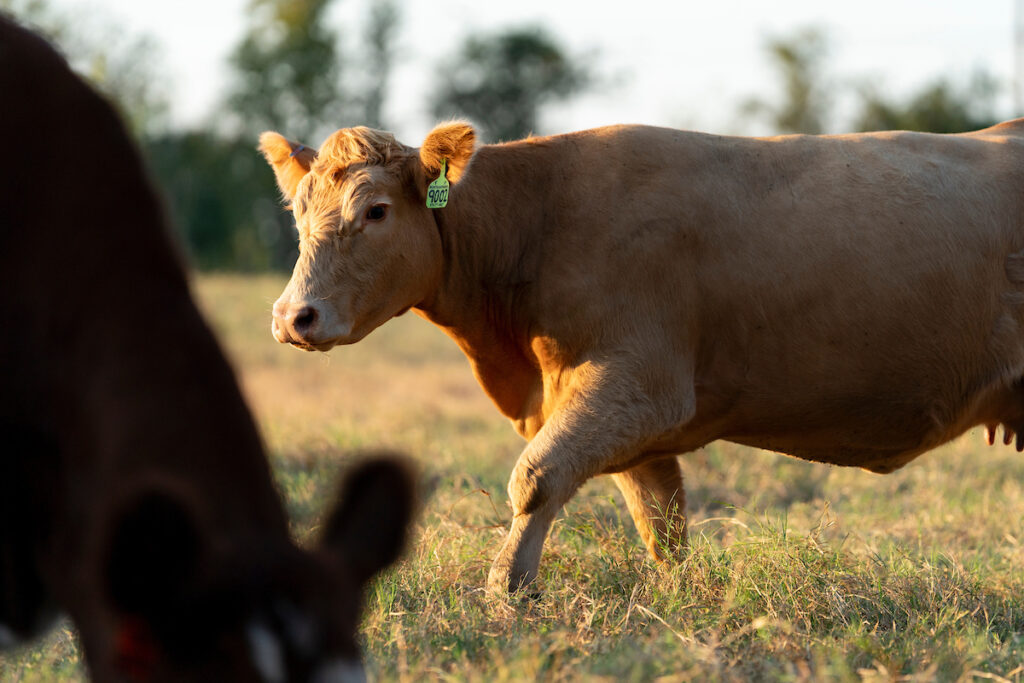
GrazingLand Management
Sustainability of grazingland resources is critically important to ensure the production of ecosystem services such as food, fiber, water, carbon sequestration and biodiversity. Producers are continually challenged by a changing environment, as well as variable markets. Having an integrated plan to most appropriately mitigate risk while balancing the ecologic and economic goals of ranching enterprises is essential.

Challenge 1. Limited information on the effectiveness of management strategies that economically promote ecosystem services.
Our Approach: Participatory research projects will be conducted with active producer engagement to co-develop usable protocols for monitoring ecosystem services and link management actions with the quantification of ecosystem service outcomes. Rancher participation in the research process will allow researchers to learn about practical and effective management strategies from ranchers and allow producers to learn from their peers. Research outcomes will provide ranchers with information on effective management strategies for enhancing the provision of ecosystem services and effective monitoring protocols to assess ecological outcomes on their operations.
Challenge 2. Limited data on the valuation of ecosystem services on grazinglands.
Our Approach: Ecosystem service valuations will be conducted as part of ongoing research efforts with grant funding secured through state and federal agencies. The Center will partner with ecologists, hydrologists, soil scientists and ecological economists across the Texas A&M University System and collaborate with external universities to thoroughly evaluate the production of ecosystem services on operating ranches and assess their monetary value to the ranching enterprise. Research findings will be published in peer-reviewed journal articles and disseminated through the Center’s social media platforms and peer groups in accessible formats.
Challenge 3. Limited understanding of grazingland soil health.
Our Approach: The Center will develop participatory research projects that prioritize defining knowledge gaps and promote the understanding of grazing management strategies that investigate principles such as the timing, intensity, frequency and duration of grazing events, as well as the impacts of stocking rate, stock density and rest on enterprise profitability while fortifying the health of grazingland soils. Additionally, this information will inform the development of grazing management plans that allow producers to make informed adjustments to their management over time. The Center will develop and disseminate interactive online trainings and facilitate experiential learning opportunities through workshops and field days for producers to gain hands-on experience with grazing management and soil health principles.

